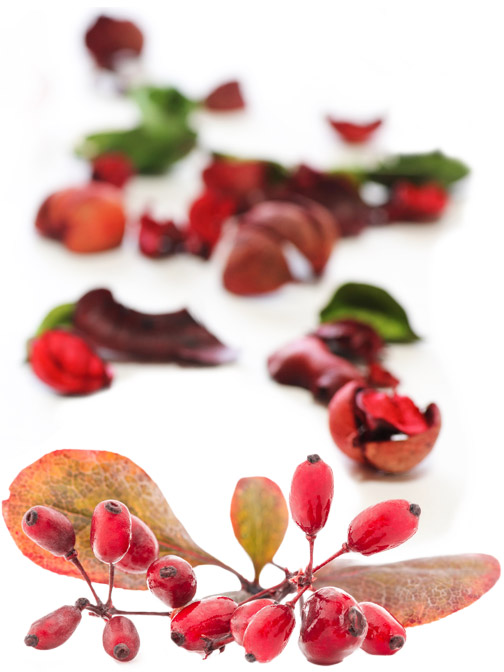Sense of smell is the only sense fully developed at birth in humans. This is one of the reasons why the aroma of freshly baked bread or rotting fruit evokes such a strong emotional response every time it's encountered, no matter where we are or what our chronological age. Our earliest memories are entwined with our sense of smell, so whether pleasant or foul, certain fragrances will bring early life experiences to the forefront. It’s the reason one sniff of a ripe, juicy apple triggers a memory of mom baking pie, or why the scent of pine cleaner reminds you of the time the kid in the seat behind you on the school bus lost his lunch.
It’s all in your head, really. The process starts with the olfactory bulb in the front of your brain, which receives information about odors from specialized cells in your nose. This structure is connected to your amygdala and hippocampus, the areas of the brain involved with emotional response and memory, respectively. Imprints made early in life about certain smells have to do with matters of survival and, as such, may invoke comfort or fear. For most of us, hopefully, the scents of fall are all about comfort (unless you count the smell of buttery, cumin-spiced popcorn nibbled while watching classic Halloween horror flicks).
Let's talk about put out potpourri
Potpourri is literally a mixed bag of fragrant items that range from dried flowers and herbs to pungent spices and aromatic essential oils. Ironically, the word “potpourri” originates from the French term for “putrid pot.” Although the word is used to mean a medley of fragrances today, it first referred to a Spanish stew as described in Randle Cotgrave’s A Dictionarie of the French and English Tongues (1611) as a “...dish of many severall meates boyled, or stued together.” By the mid-18th century, the word “potpourri” shifted in meaning to refer to a mixture of dried flowers.
Not everyone was a fan of potpourri, it would seem. While some ladies enjoyed strewing potpourri about the bedchamber, one Henrietta Knight, aka Lady Luxborough, made her feelings clear in a letter to William Shenstone, dated November 29, 1749:




No comments:
Post a Comment